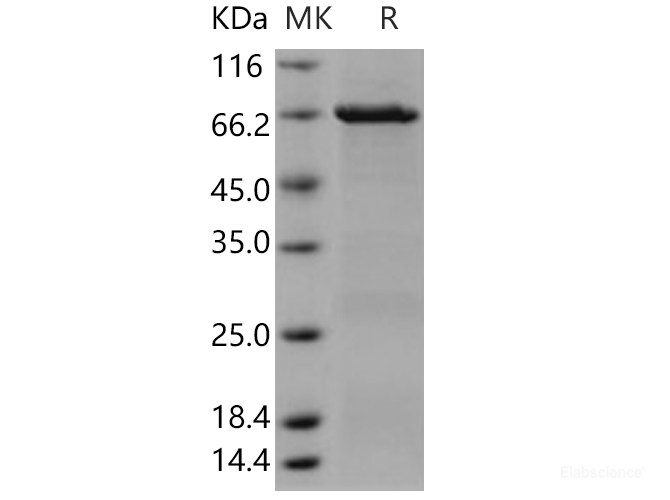Background
The tyrosine kinase c-Src has been implicated as a modulator of cell proliferation, spreading, and migration. These functions are also regulated by Met. The structure of a large fragment of the c-Src kinase comprises the regulatory and kinase domains and the carboxy-terminal tail. c-Src kinase interactions among domains and is stabilized by binding of the phosphorylated tail to the SH2 domain. This molecule is locked in a conformation that simultaneously disrupts the kinase active site and sequesters the binding surfaces of the SH2 and SH3 domains. The structure shows how appropriate cellular signals, or transforming mutations in v-Src, could break these interactions to produce an open, active kinase. The protein-tyrosine kinase activity of c-Src kinase is inhibited by phosphorylation of tyr527, within the c-Src c-terminal tail. Genetic and biochemical data have suggested that this negative regulation requires an intact Src homology 2 (SH2) domain. Since SH2 domains recognize phosphotyrosine, it is possible that these two non-catalytic domains associate, and thereby repress c-Src kinase activity. Experiments have suggested that c-Src kinase plays a role in the biological behaviour of colonic carcinoma cells induced by migratory factors such as EGF, perhaps acting in conjunction with FAK to regulate focal adhesion turnover and tumour cell motility. Furthermore, although c-Src kinase has been implicated in colonic tumour progression, in the adenoma to carcinoma in vitro model c-Src is not the driving force for this progression but co-operates with other molecules in carcinoma development.







